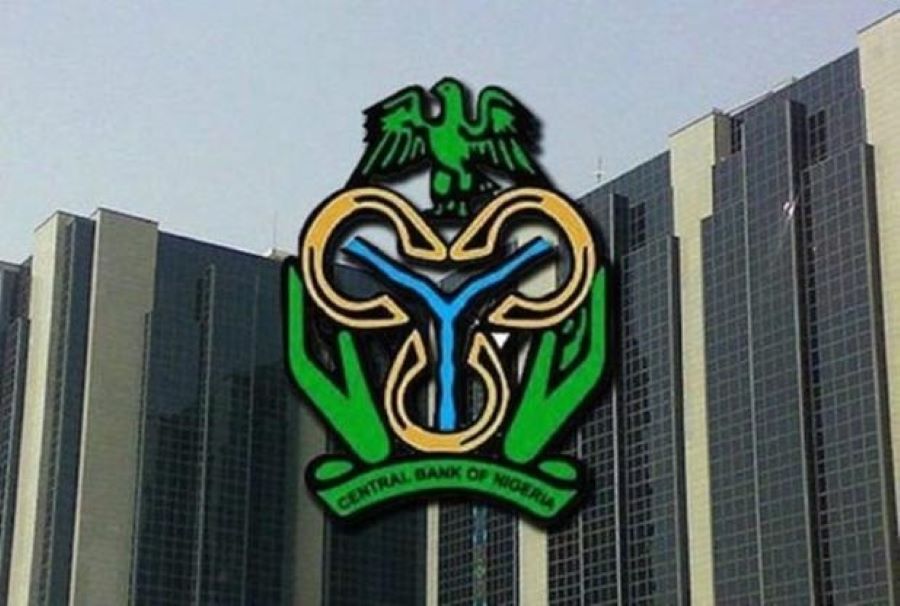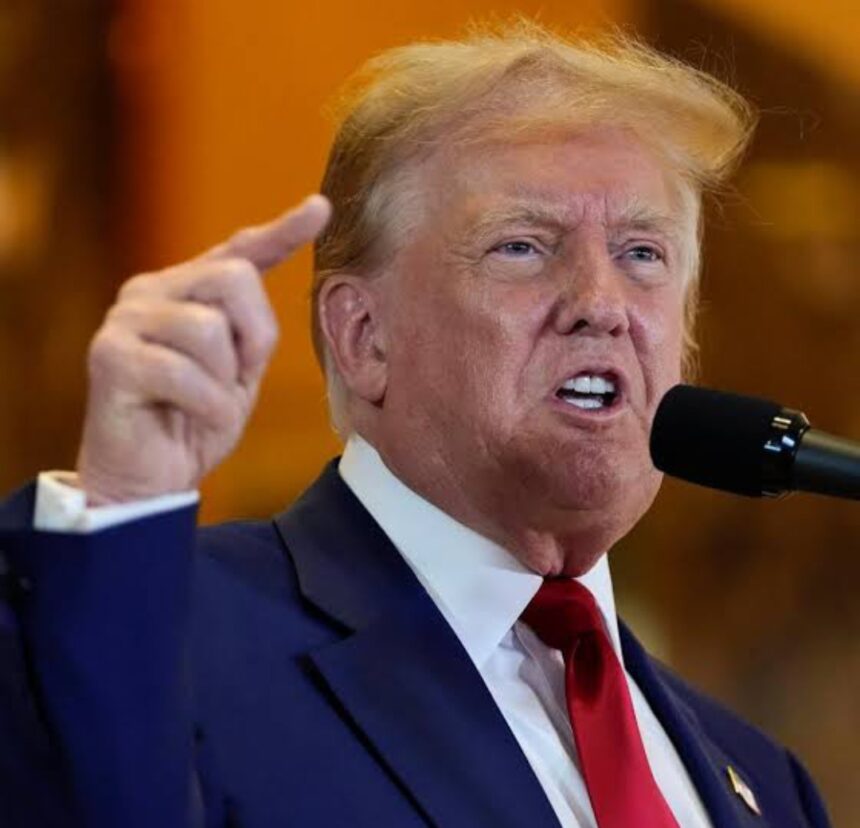Former U.S. President Donald Trump’s proposed tax reforms and tariffs are raising concerns about their potential impact on Nigeria’s banking sector and foreign direct investment (FDI).
A recent report highlights the risks associated with Donald Trump’s plan to slash the U.S. corporate tax rate from 21% to 15%.
The 2017 Tax Cuts and Jobs Act, a signature policy of Trump’s presidency, saw U.S. firms repatriate $777 billion, leading to a sharp decline in Nigeria’s FDI—from $4.65 billion in 2017 to $2.23 billion in 2018. …CONTINUE READING

Experts fear history could repeat itself if Trump re-enters the White House.
“Nigerian banks are already grappling with liquidity challenges,” said Abayomi Fashina, a finance and tax expert. “A further reduction in capital inflows would compound their woes.”
Business Day reports that Trump’s dual policies of tax cuts and tariffs could hit Nigeria’s key industries, particularly oil and agriculture, which depend on international trade and financial backing.
Despite the looming challenges, Fashina believes Nigerian banks can weather the storm by adopting innovative strategies.
“Banks must diversify their portfolios, offer tax-efficient products, and leverage Africa’s growing financial importance,” he advised.
He also emphasised the importance of agility and strong risk management.
“Nigerian banks can position themselves to meet the needs of U.S. firms seeking diversification, turning challenges into opportunities.”
As Trump’s political trajectory unfolds, the global financial community will be watching closely, and Nigerian stakeholders will be urged to act preemptively.




